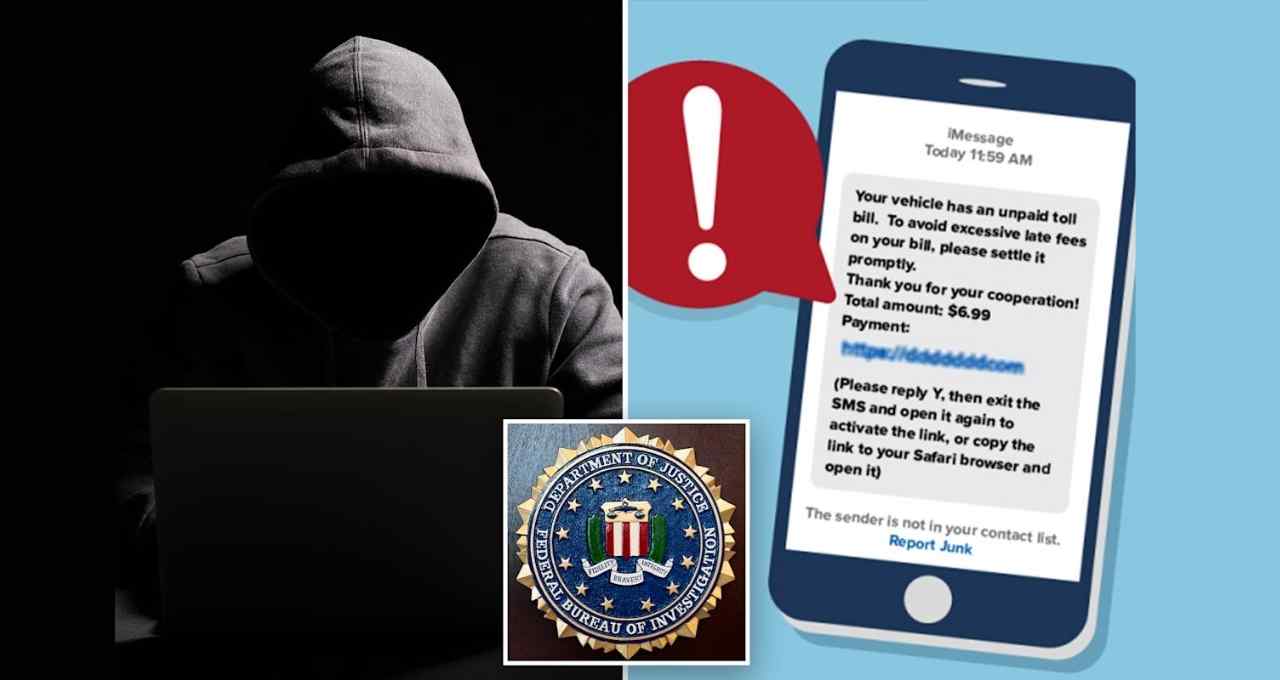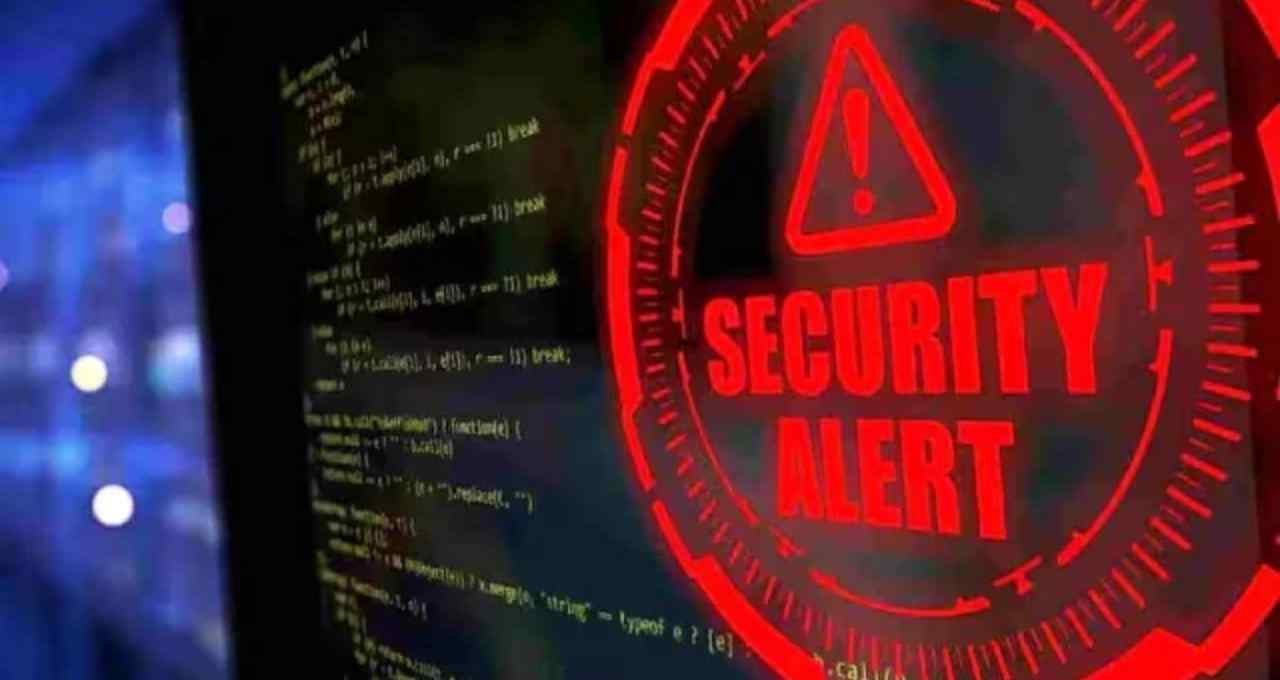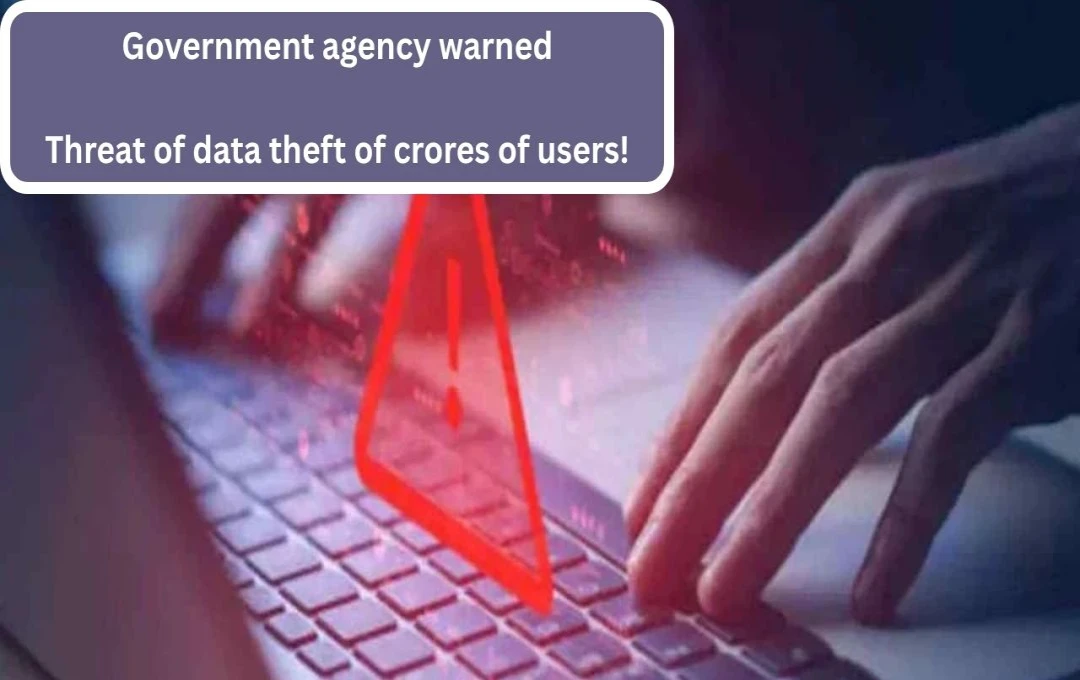India's leading government agencies for digital security, the Ministry of Electronics and Information Technology (MeitY) and the Indian Computer Emergency Response Team (CERT-In), have recently issued a critical alert. This alert urges both iPhone and Android users to immediately update their mobile software to prevent potential personal data breaches.
What is the Threat?
CERT-In warns of a recently discovered critical zero-day vulnerability that allows hackers to access mobile devices without the user's knowledge. This compromise jeopardizes not only chats, emails, and photos, but also banking apps and passwords. This bug particularly affects Apple iOS versions prior to 17.5.1 and older Android versions.
In response, Apple promptly rolled out iOS 17.5.1 and the iOS 17.6 Beta. Google has also released the June 2025 Android security patch.
Which Apps are Affected?

Experts suggest this vulnerability could primarily impact the following apps:
- WhatsApp and Telegram
- Banking apps (Paytm, GPay, PhonePe)
- Email apps (Gmail, Outlook)
- Password managers
- Cloud storage (Google Drive, iCloud)
What Should Users Do?
CERT-In and MeitY advise citizens to:
- Immediately update their mobile operating system.
- Avoid clicking on unknown links, files, or SMS messages.
- Keep two-factor authentication (2FA) enabled.
- Download apps only from the Play Store or App Store.
- Refrain from using banking or sensitive apps on public Wi-Fi.

Expert Opinion
Cybersecurity expert Rakesh Chaudhary notes that while smartphone usage in India is rapidly increasing, security awareness remains low. Hackers now easily exploit users using AI tools and social engineering. This alert was crucial. The government, under the Digital India mission, is actively working on improving digital literacy and cybersecurity. CERT-In regularly issues such alerts, but individual users must also take responsibility for their digital security.
Updating your device is a small step, but it can protect your bank accounts, personal data, and private photos from theft. Vigilance is key in the digital age.














